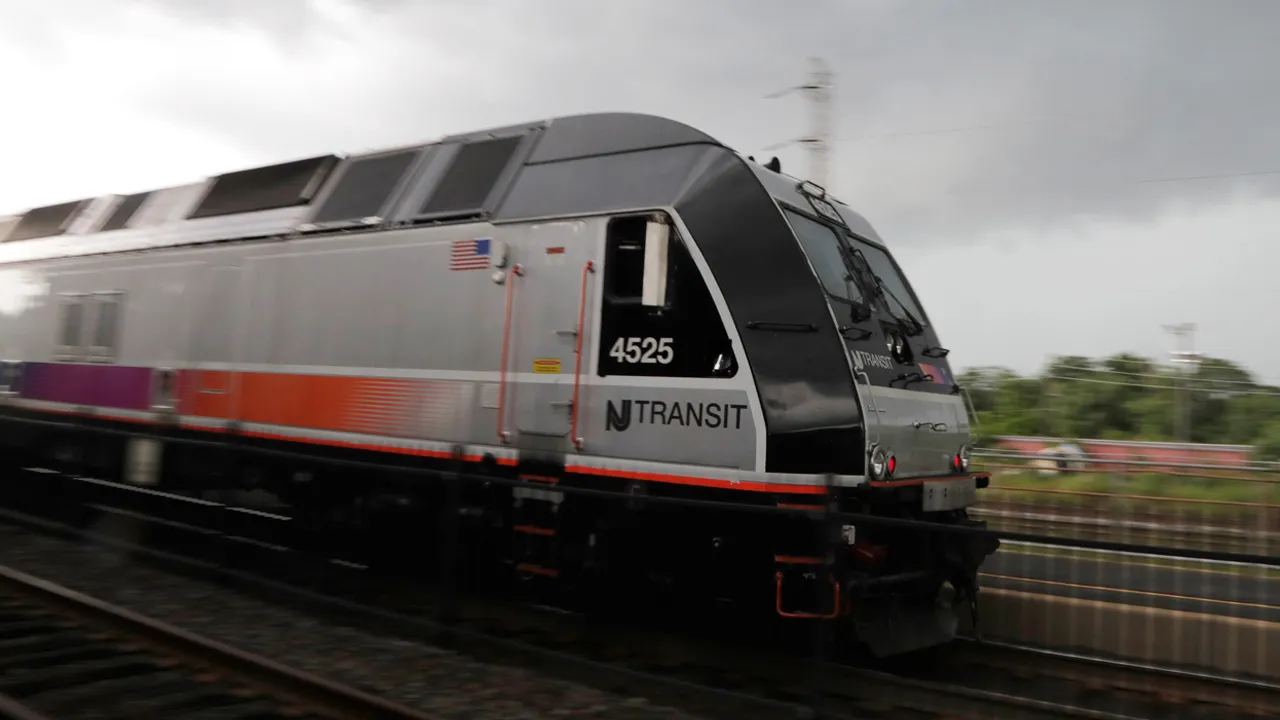NJ Transit Strike Looms: What You Need to Know
As negotiations continue and a possible strike looms, NJ Transit riders are bracing for potential disruptions to their daily commutes. With the deadline approaching, the stakes are high for both the transit authority and the labor unions representing its workers, stirring concerns among thousands of commuters who rely on train and bus services throughout New Jersey.
The Current Situation
Negotiations between NJ Transit and the unions representing its employees have reached a critical point. The unions have voiced their concerns regarding working conditions, pay equity, and safety measures, while NJ Transit management has pushed back against certain demands, citing budget constraints and operational realities.
Timeline of Events
The talks have been ongoing for several months, and with a strike notice issued, the clock is ticking down to a potential walkout that could disrupt service starting next week. This alarmingly short time frame has caused riders to seek alternative transportation methods, creating chaos among the public.
What’s at Stake?
A strike would likely impact tens of thousands of regular commuters who depend on NJ Transit’s services to travel to work, attend school, and manage daily life activities. With limited options for alternative transportation for many riders, the potential implications of a strike extend beyond inconvenience and present a significant challenge for the many who might not have access to personal vehicles.
Rider Reactions
Many riders have expressed frustration and anxiety regarding the looming strike. Social media is abuzz with comments from commuters worrying about the disruptions to their daily routines. Some have begun exploring carpooling options, while others are considering alternate means of transport, including buses or bicycles, in anticipation of the worst-case scenario.
Union Perspectives
The unions representing NJ Transit workers argue that their demands are crucial for improving the working conditions of the employees and thus ensuring safety and reliability for the riding public. They stress that maintaining morale among workers and ensuring job satisfaction are vital elements in providing quality service. A spokesperson for one of the leading unions stated, “Our workers deserve fair wages and a safe working environment. Any negotiation that disregards these basic principles is untenable.”
Management’s Stance
NJ Transit CEO has been vocal in her opposition to certain union demands, asserting that the organization’s limited budget must be considered in negotiations. She stated, “While we understand the needs of our workers, we must also keep in mind the fiscal realities that affect the operational capabilities of NJ Transit. Striking a balance that supports both our employees and our riders is imperative, and we are committed to finding a solution that works for everyone. Our priority remains to ensure uninterrupted service for our riders.”
Steps Being Taken to Prevent a Strike
To avert a strike, NJ Transit and union representatives are working under federal mediation, creating a framework for ongoing dialogue and negotiation. As part of these negotiations, both sides have engaged third-party mediators to help facilitate discussions aimed at reaching a workable solution. Scheduled meetings are set to explore all available options for compromise, but time is of the essence as the strike deadline approaches.
Preparing for Potential Service Disruptions
In light of the situation, commuters are advised to stay informed through NJ Transit’s official channels. Here are several steps that riders can take to prepare for potential disruptions:
- Monitor Updates: Keep an eye on announcements from NJ Transit regarding the status of negotiations. Social media platforms and the official NJ Transit website will provide real-time updates.
- Explore Alternative Routes: Familiarize yourself with alternative transportation methods, including local bus services, carpooling networks, or even rideshare options.
- Adjust Work Schedules, if Possible: Employers may be sympathetic to employee needs during this period, and discussing flexible hours can help minimize the impact of service disruptions.
- Be Prepared for Delays: If you must travel during the strike, factor in additional time for potential longer travel times or transfer delays.
Community Impact
A transit strike could have widespread ramifications far beyond just immediate commuting hardships. Local businesses that rely on foot traffic from commuters might face a downturn, and overall economic activity in the state could see a ripple effect. Economic analysts have indicated that prolonged service disruptions can hinder productivity, particularly in densely populated areas of New Jersey and close-to-home sectors like hospitality and retail.
Looking Ahead
The focus for both NJ Transit management and union representatives will be to navigate these treacherous waters effectively in the coming days. Commuters find themselves in a difficult position, needing to balance their daily routines with the uncertainty of upcoming transit availability. While both parties aim to prevent a strike, all eyes are on the negotiating table, where crucial discussions will dictate the direction of public transportation for NJ residents.
Conclusion
As discussions continue, NJ Transit riders are urged to remain proactive in their planning and stay informed. The situation remains fluid; however, proactive measures could mitigate the impact of any potential strike. The stakes are incredibly high for the workforce, transit authority, and the daily lives of the commuters who depend on these crucial services.







